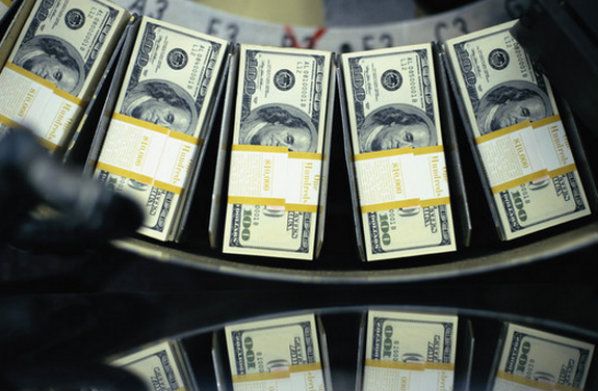GDP at 2% — tough to beat an incumbent in a growing economy.
–Ryan Lizza, The New Yorker’s Washington correspondent
Well, that’s certainly one way to look at the latest figures from the Commerce Department’s Bureau of Economic Analysis (hat tip: Patrick Brennan).
I suspect most Americans—particularly those who are out of work—will take a more gimlet-eyed view of two percent growth in the third quarter. Here is what Brennan writes:
Growing at 2 percent is quite weak and isn’t enough to put a dent in unemployment, but the number is strong enough that it should tamp down talk of the economy actually slowing (that said, this number will almost definitely be revised).
This is a small improvement over the 1.3 GDP growth for the second quarter. Some of this is cosumer spending. Ed Morrissey writes, however, that a key reason for the slight uptick is that the federal government spent at a faster rate. Morrissey notes:
No one who understands economics will argue that a 2.0% quarter shows an improving economy, especially not when that number relied on federal government spending increases.
Instead, people will focus on the fact that we’re nowhere near a rate of growth that will even allow job creation to keep up with population growth, let alone put the unemployed back to work.
In fact, we’re close to net job loss level numbers — and I suspect that the second iteration of Q3 GDP due in a month may drop the number a bit lower than we’re seeing today.
John Steele Gordon of Commentary writes that, while consumer spending also contributed to the slight growth, businesses are still sitting on the sidelines:
[B]usiness investment remained weak, with fixed investments (buildings and equipment, for instance) actually declining 1.3 percent after climbing 3.6 percent in the second quarter.
This might reflect caution ahead of the election and fear that the “fiscal cliff” of tax hikes and government spending cuts due January 1 might actually come to pass. Most economists think that that would send the economy right back into full-blown recession.


